CAN THE NEXT GENERATION GIVE US HOPE?
In the current parliament, a handful of lawmakers, all less than 45-years old, are representing their constituency. Most of them are well-educated. Contrary to grassroots politics, most young leaders are those who have either an influential political or business background. Two among them have even been entrusted with ministries, and are surprisingly doing a great job. The Star speaks to a few of these young MPs about their thoughts on the future of this country.
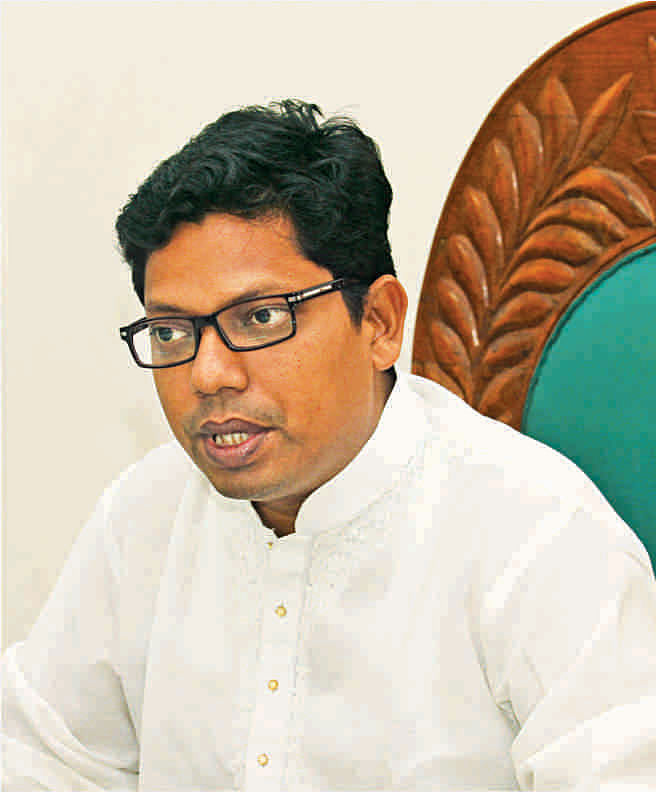
Zunaid Ahmed Palak has proven that a grassroots leader with no political family background can become a State Minister solely through his determination and commitment to his work. Interestingly, Natore-3, Palak's constituency, had been dominated by BNP-Jamaat backed politicians who would always be chosen as representatives of the area for 30 years before Palak broke the cycle.
He started his political career in Singra Upazilla and became the general secretary of the upzalla unit Chatra League in 1999. Now as a State Minister of Telecommunication and Information Technology, he is planning to engage young people in more creative and lucrative jobs. Although it has only been five months since the incumbent government came to power, Palak is quite close to justifying his appointment as a state minister.
“It is true that we are only six months old. But apart from our routine work, we are planning to train young people through the Learning and Earning Development programmes to develop their skills and help them get outsourcing jobs,” he says.
The ICT ministry started an individual programme called “Bari Boshe Borolok”. Its core aim is to involve women in the outsourcing job market. Last year, the country earned $20 million from outsourcing jobs of the trainees. And the ministry is encouraging such training programmes to outsourcings into the biggest income source for young peoples.
Establishing e-governance is one of the top priorities of the ICT ministry. But the absence of proper infrastructure to ensure e-governance to the people is still a huge challenge. At the same time the Section 57 of the ICT Act 2013 is still a much-talked about issue in the country. The cabinet approved the draft of the ICT (Amendment) Act-2013 on August 19 proposing to empower law enforcers to arrest any person without warrants and to increase the highest punishment of cyber crime perpetrators to a minimum of 14 years from 7 years. Many, however, claim that this law will only serve the purposes of the ruling party. The country is now waiting to see how Palak overcomes the flaws of the act, and other current issues pertaining to e-governance and the Telecommunication and Information Technology ministry to ensure our path forward to the promised Digital Bangladesh.
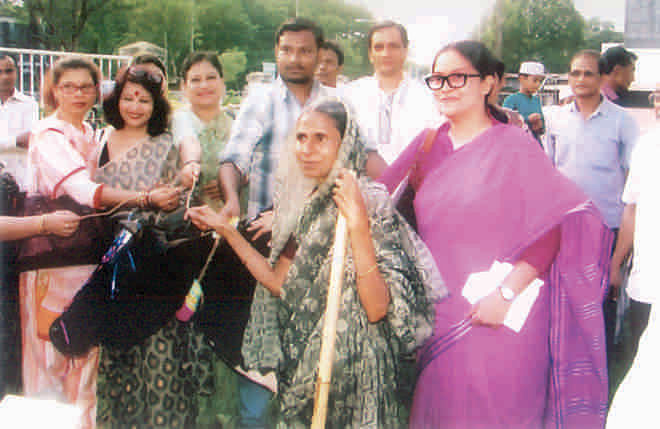
While Palak is yet to prove his credibility as a state minister, there is one MP who has gone out of the way to fulfil her promise of “upholding the spirit of the liberation.” Amatul Kibria Keya, a daughter of a slain freedom fighter, passionately discusses her ideas about honouring women who fought in the liberation war. Women who suffered unspeakable torture at the hands of the Pakistani Army and their collaborators were given the title of Birangona. While this recognised their sacrifice in the struggle for freedom it also led to social ostracism. Keya persistently works to give them the title they deserve – that of freedom fighters.
Her hair tied tightly back, Keya resembles the images of the strong women of the liberation war who we only see in pictures or as sculptures but who are hardly ever talked about in terms of their active participation in the war. Apart from being a member of the parliament, Keya is a lawmaker and secretary general of Chetana '71 Habiganj, a platform dedicated to documenting the history of the war.
After Keya's long campaign, six women have so far been recognised as freedom fighters through a gazette notification by the government. Understandably, these women freedom fighters were sceptical about such recognition: they had after all, lived in extreme poverty and total oblivion for the last four decades. Keya took it upon herself to find these women who had been forgotten by the people of their own country.
"I faced serious hurdles when I first demanded benefits for these women in 2006”, says Keya. “The ministry concerned said that they did not have any policy in this regard."
“The Ministry of Liberation War Affairs did not provide me with any data. In fact, they don't have anything on women freedom fighters. I started to look for women freedom fighters in my own village and finally succeeded on December 9, 2013."
Although the government had established the Ministry of Liberation War Affairs in 2001 and updated the list of freedom fighters several times, it has never sought to find out the names of women freedom fighters in a proper manner. Recent statistics show the number of people who fought in the Liberation War to be no less than 177,000, albeit without a single mention of any woman freedom fighter. Keya is working hard to change this; she knows that a country can never look forward unless it has acknowledged the active participation of everyone in the war that gave us our independence.
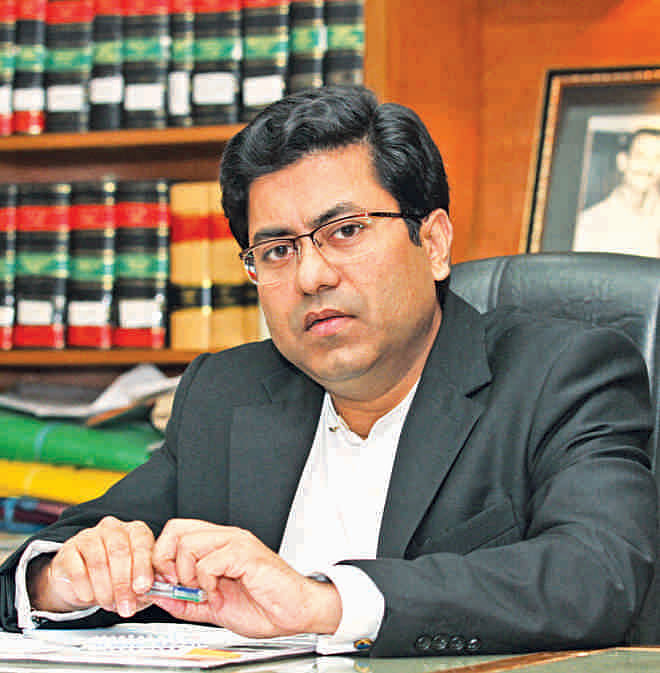
Son of another freedom fighter and commander of the Bangladesh Liberation Front Sheikh Fazlul Haque Mani, Barrister Fazle Noor Taposh says that one way of reducing the economic and population burden on the capital is to decentralise the country. He hopes that the government will be able to establish an urban development ministry in every big district that will solely deal with the problems and development work of its city. This will ensure that projects are run in a coordinated, planned manner.
A coordinated organisation is a must for more reasons than one. Even though there are city development organisations such as Dhaka City Corporation, RAJUK and the Ministry of Housing and Public Works, their work is centred on the entire country, thus it becomes difficult to focus on individual cities. Moreover, whenever there is any work to be done, conflicts arise between organisation like the City Corporation, Water and Sewage Authority (WASA) and RAJUK, as they try to determine and stake a claim on their areas of expertise and responsibilities. Thus, most works are either left midway due to such conflicts or remain tied in bureaucratic hassles.
“We first need to decentralise Dhaka and identify the capabilities of the other cities of the country. Each city can be turned into economic and financial success stories if we can focus on how they can contribute to their local and national development,” says Taposh.
Taposh also criticised the current state of student politics, stating that he has always been vocal against their violent activities during the meetings of the ruling party. “Students who were involved with politics in the 1950's or '60s had a complete understanding of politics. They acquired knowledge about various issues before deciding to engage in politics. However, at present, student politicians enter politics without any education, knowledge or political orientation. When we saw that student politicians of Dhaka College were creating havoc, we decided to close our student body wing in that college. We need organisational reform in student politics if we want the current lot of student leaders to follow the path of their predecessors.”
Meanwhile the young politician is trying to make changes, albeit modest, in his constituency, Hazaribagh. There were no fire stations in Hazaribagh in the last 20 years or so. Taposh made sure that such a basic emergency service was made available in his constituency since his appointment as a member of the parliament. Moreover, work is almost complete on the installation of a drain system in Jigatola, which falls under Taposh's constituency of Dhaka-12.
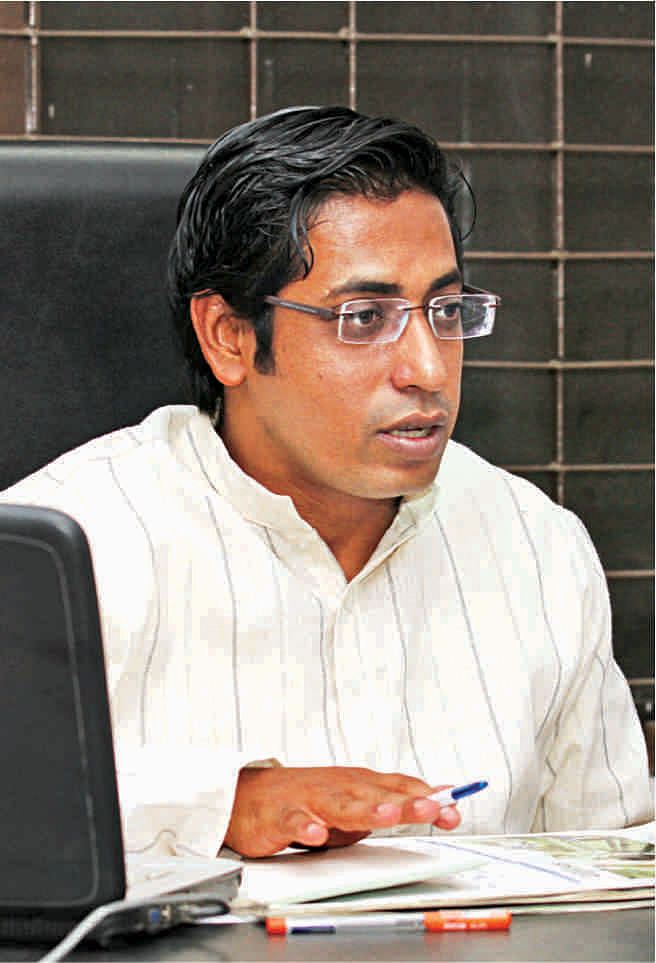
Even though Nahim Razzak's father Abdur Razzak was a famed politician, and member of the Awami League Advisory Council, Nahim had never felt the urge to follow his father's footsteps. He had studied abroad and always held the view that there was no future in Bangladeshi politics. It was only when a friend and adviser of his father criticised his lackadaisical attitude, saying that the younger generation did not have any right to complain if they themselves decide to settle abroad without caring for their country, that made him change his mind.
“I remember him saying that 'who do you think will bring about the change if not the youth of the country'. And that's when my whole attitude towards politics changed,” says Nahim.
Nahim says that particular focus is needed to be given on education, healthcare, employment, youth development and economic development. As a standing committee member of the Ministry of Youth and Sports, Nahim plans to build a number of youth welfare centres all around the country, from where skilled labourers can be sent abroad. Few of these centres have already been established, and 31,000 skilled labours have gone abroad through them in the last five months. Young people can also take a loan of Tk 50,000 to Tk 70,000 from the centre, to start up their own business but Nahim will propose for an increase in this allocation in the upcoming budget session.
“Life is a learning process, and I'm still learning and gaining experience in the political arena. Hopefully, this education process will help me to serve my people better,” concludes Nahim.
Unlike Nahim Razzak, Kazi Nabil Ahmed, the elected representative of Jessore-3, is an experienced politician, as he was involved in grassroots level politics for around 12 years before being elected as a member of the parliament. As a director of the Abahani Samarthok Gushti, Nabil is deeply engrossed in sports, and constantly tries to encourage youngsters through various programmes.
Unlike Taposh, Nabil is of the view that the current state of student politics might be worrisome but it is definitely not a threat to the country's future. “It's not necessary that student leaders will arise from political wings like Jubo League or Chattra League. I was not a part of Chattra League but have still managed to become an elected MP,” he says.
The country can only wait and watch to see how the new crop of politicians will succeed in areas where veterans have failed. They have given us a flicker of hope to realise our dream of a developed Bangladesh that will be able to stand on its own feet in the coming years. Now we are waiting to see the promised change in the next five years.

 For all latest news, follow The Daily Star's Google News channel.
For all latest news, follow The Daily Star's Google News channel. 


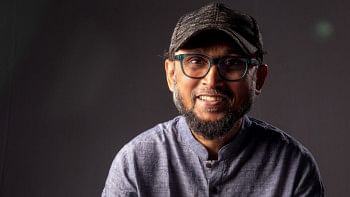
Comments